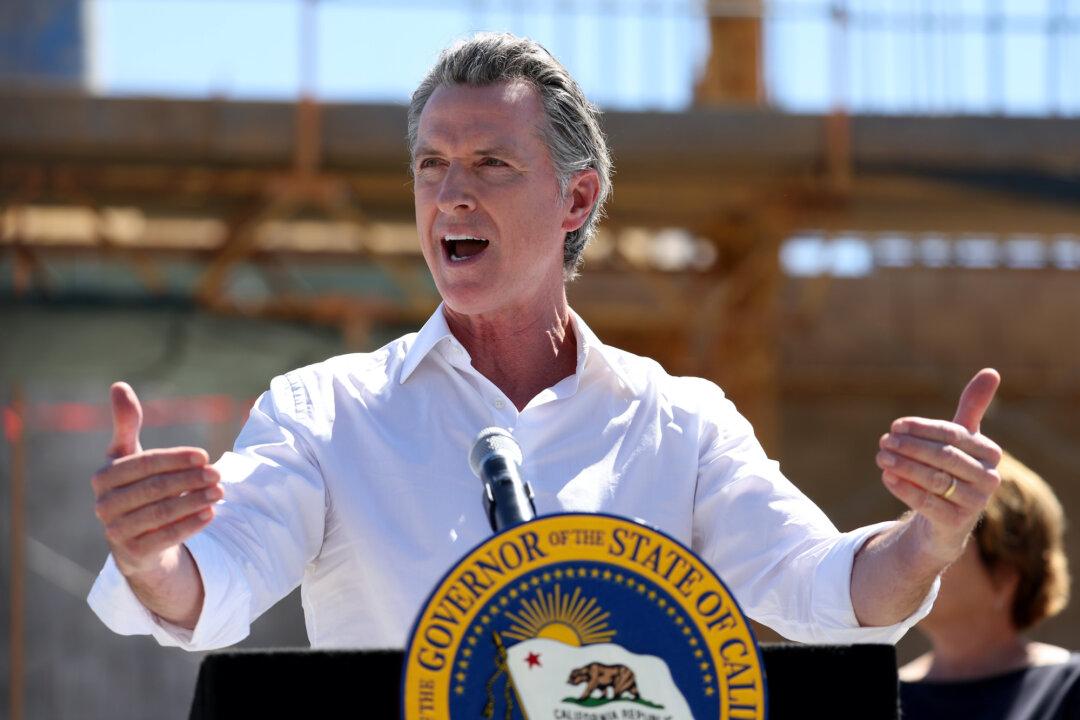Following a visit from a delegation of Chinese officials last month, California Gov. Gavin Newsom is headed to China in October to strengthen a climate partnership, he stated during an interview with Politico on Sept. 12.
“We get it in the state of California, but we’re responsible now to not just understand the impacts, but also to address the solutions,” he said in the interview. “That’s why I’ll be going to China in a few weeks. To build on the work we’ve done in China on climate, and I don’t think there’s anything more essential.”





